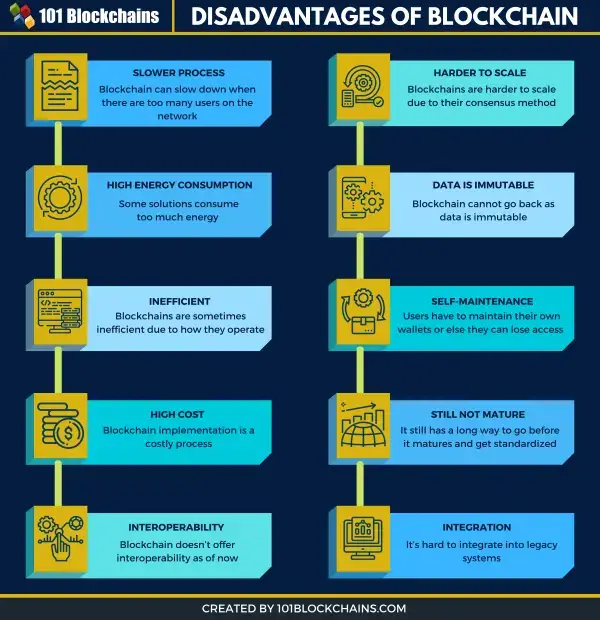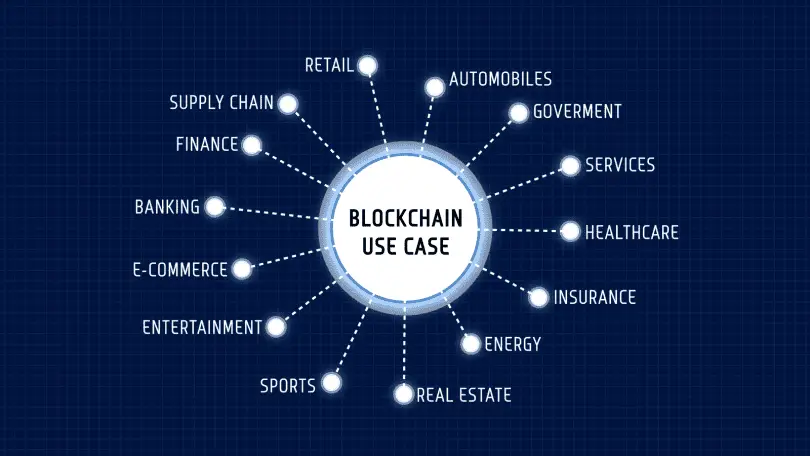The Ethical Implications of Blockchain Technology

Executive Summary:

The ethical implications of blockchain technology are broad and complex, spanning issues such as privacy, security, transparency, and accountability. Understanding the ethical ramifications of blockchain usage is vital for stakeholders, policymakers, and society at large to ensure responsible and equitable implementation.

Introduction:
As blockchain technology gains momentum, it is imperative to address its potential ethical implications. Blockchain’s distributed and immutable nature presents numerous opportunities for innovation and societal progress, but it also raises concerns regarding the ethical impact of this technology. This article explores five key ethical considerations associated with blockchain technology.
Privacy
Blockchain technology involves the recording and linking of transactions on a public ledger, potentially compromising the privacy of individuals involved.
- Data transparency: All transactions are visible to anyone within the network, raising concerns about the confidentiality of personal information.
- Identity theft: Blockchain addresses store transaction data, which may indirectly reveal user identities.
- Data manipulation: Malicious actors could exploit the transparency of blockchains to manipulate data for fraudulent activities.
- Anonymity vs. traceability: Blockchains enable anonymous transactions but also provide traceability, creating a tension between privacy and accountability.
- Regulatory compliance: Compliance with data protection regulations like GDPR requires careful consideration of privacy implications in blockchain systems.
Security
Blockchain’s decentralized nature reduces the risk of central point failures, but it also creates vulnerabilities and security concerns.
- Cyber attacks: Blockchains are vulnerable to cyber attacks, such as 51% attacks, which could compromise the integrity of the network.
- Data immutability: Once data is stored on a blockchain, it is virtually impossible to modify or remove it, potentially posing security risks if sensitive information is compromised.
- Smart contract vulnerabilities: Smart contracts on blockchains can contain flaws, making them susceptible to exploitation and theft.
- Regulation and enforcement: The lack of clear regulatory frameworks for blockchain technology could hinder effective enforcement of security measures.
- User education: Ensuring users understand the security risks associated with blockchain is crucial for responsible adoption.
Transparency
The transparent nature of blockchains, while enhancing accountability, raises ethical concerns regarding the exposure of sensitive information and potential biases.
- Public scrutiny: Blockchain transactions are accessible to the public, potentially subjecting individuals to excessive scrutiny or even harassment.
- Selective transparency: Blockchains may not fully reveal all relevant information, leading to biased or incomplete perspectives.
- Algorithmic bias: Smart contracts that automate decisions based on blockchain data could embed biases, resulting in unfair outcomes.
- Minority rights: Transparency may disproportionately impact marginalized or vulnerable individuals, exposing their activities to public view.
- Freedom of information: Balancing the public’s right to know with protecting individuals’ privacy is essential to maintain an ethical balance.
Accountability
Blockchain technology distributes accountability and responsibility among network participants, leading to ethical complexities.
- Decentralized decision-making: Blockchain operates through consensus mechanisms, where participants share decision-making power, potentially diluting accountability for outcomes.
- Anonymity and pseudonyms: Anonymous or pseudonymous identities on blockchains can hinder the identification and accountability of responsible parties.
- Lack of oversight: The decentralized nature of blockchains may limit traditional forms of oversight, such as government regulation or corporate governance.
- Data integrity: Ensuring the accuracy and authenticity of data on blockchains is crucial for maintaining trust and accountability.
- Dispute resolution: Mechanisms for resolving disputes and adjudicating conflicts on blockchains need to be ethically designed and implemented.
Trust
Blockchain technology aims to enhance trust through its immutability and transparency, but trust has multiple dimensions that require ethical consideration.
- Algorithmic trust: The automated nature of smart contracts can result in over-reliance on algorithms, potentially undermining human judgment and accountability.
- Centralization vs. decentralization: The level of centralization or decentralization within blockchain networks influences trust dynamics and the distribution of power.
- System failure: In the event of a blockchain system failure, trust in the technology could be severely damaged, eroding confidence in its reliability.
- Social trust: Blockchain technology interacts with social systems, and ethical considerations must account for the impact on trust relationships within society.
- Misinformation and fraud: Combating misinformation and fraudulent activities on blockchains is essential to maintain trust in the technology.
Conclusion:
Blockchain technology presents both promising opportunities and complex ethical challenges. By carefully addressing privacy, security, transparency, accountability, and trust, we can navigate the ethical implications of blockchain and harness its potential for responsible innovation and societal progress. Open dialogue, collaboration, and ethical guidelines are crucial for shaping the development and deployment of blockchain technology in a way that aligns with our values and safeguards the well-being of individuals and society at large.
Keyword Tags
- Blockchain Ethics
- Privacy and Blockchain
- Security and Blockchain
- Transparency and Blockchain
- Accountability and Blockchain
- Trust and Blockchain
